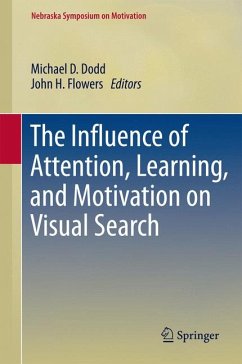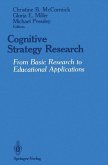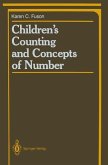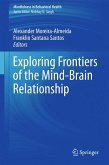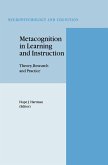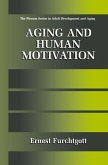The Influence of Attention, Learning, and Motivation on Visual Search brings together a number of exciting lines of inquiry into this topic. In keeping with the near-limitless set of variables that influence search, contributors represent scholarship in laboratory and applied settings, cognitive processes intimately involved in search, and related concepts from a variety of disciplines. Chapters delve into current studies on a wide range of component factors relating to search, including:
. Searching in space and time.
. Automatic control of visual selection.
. Guidance of visual search by memory and knowledge.
. Reward and attentional control in visual search.
. Statistical learning and its consequences.
. Overcoming hurdles in translating visual data between the lab and the field.
. The search termination problem in visual search.
For cognitive and social psychologists, The Influence of Attention, Learning, and Motivation on Visual Search is a stimulating volume that holds multiple possibilities for future developments across a number of behavioral and cognitive domains, from decision-making to problem-solving, from autism and other cognitive deficits to the effects of aging.
Dieser Download kann aus rechtlichen Gründen nur mit Rechnungsadresse in A, B, BG, CY, CZ, D, DK, EW, E, FIN, F, GR, HR, H, IRL, I, LT, L, LR, M, NL, PL, P, R, S, SLO, SK ausgeliefert werden.

